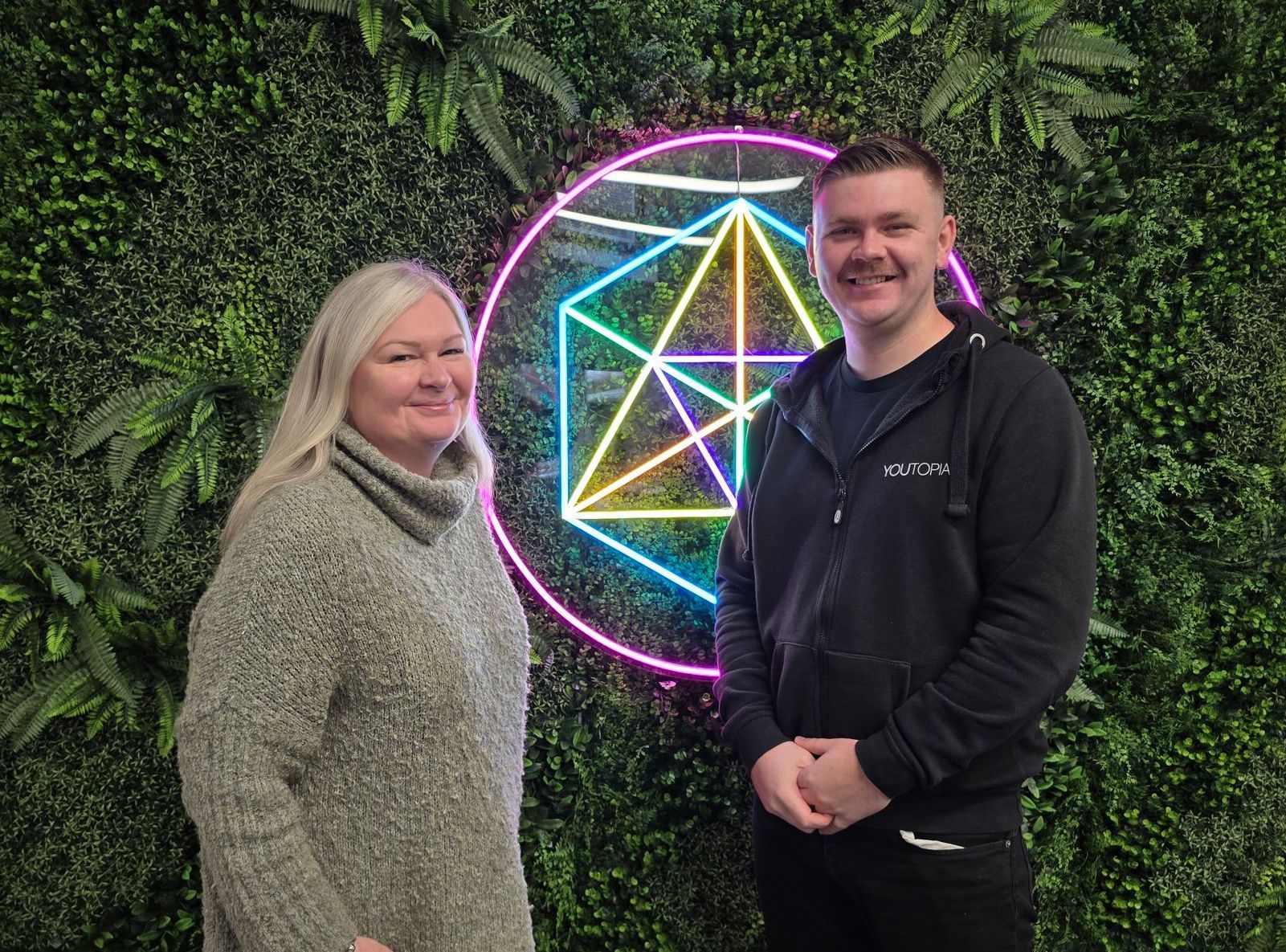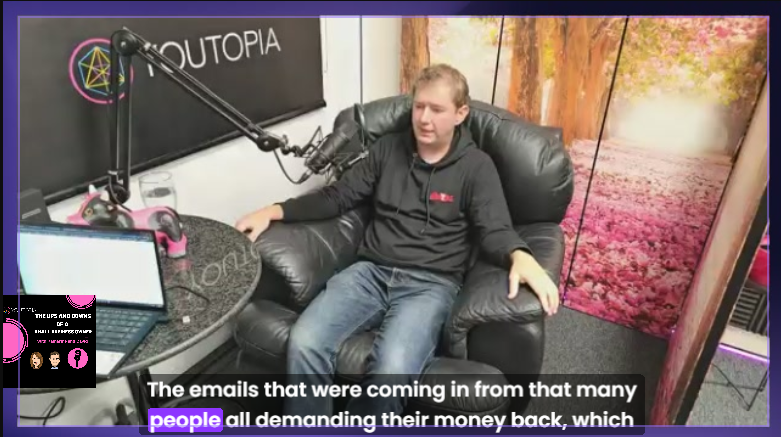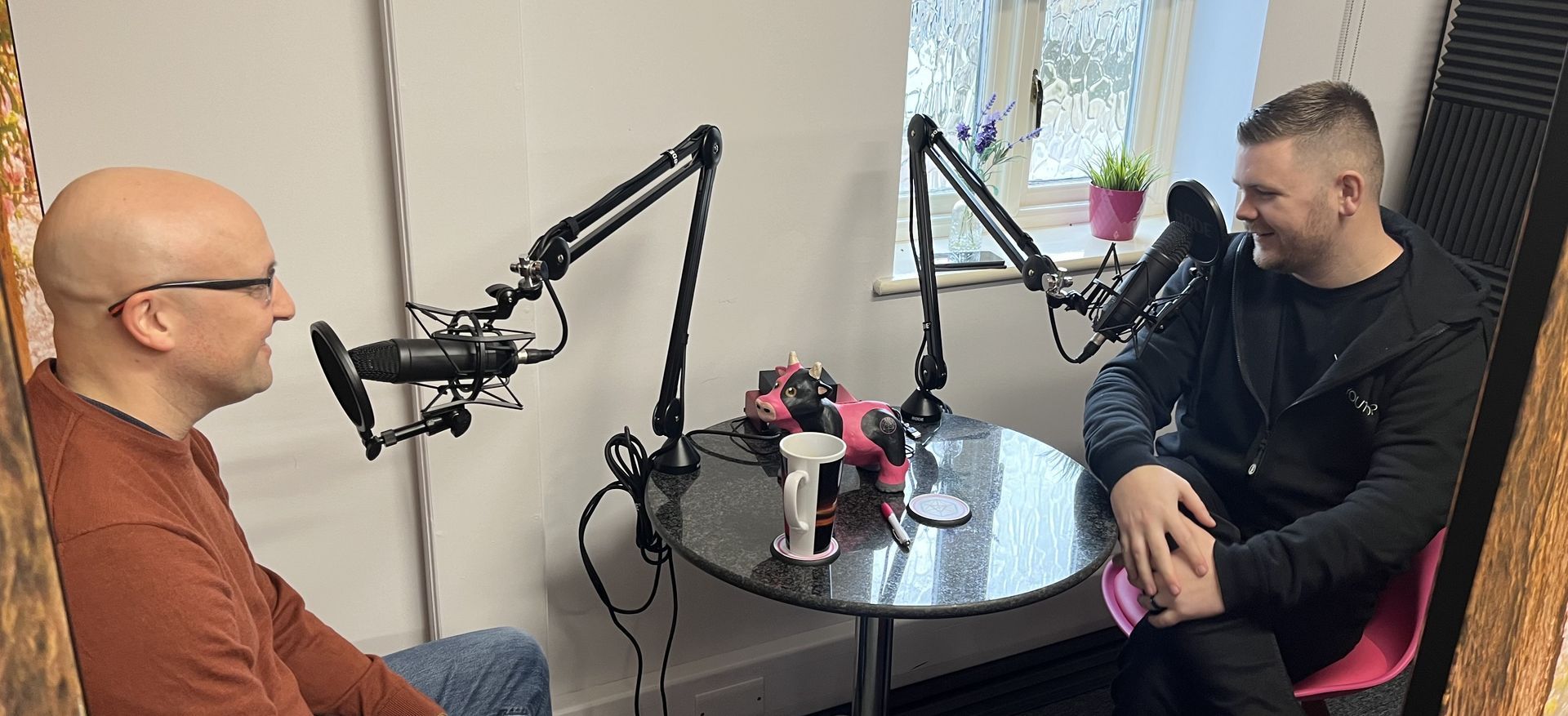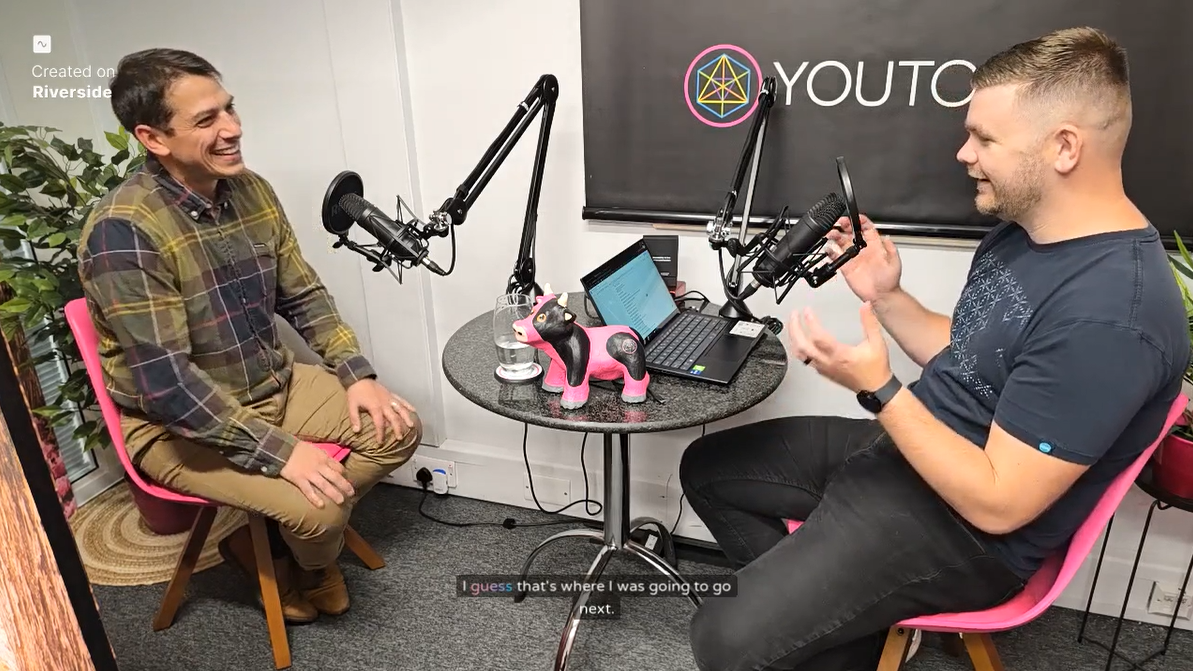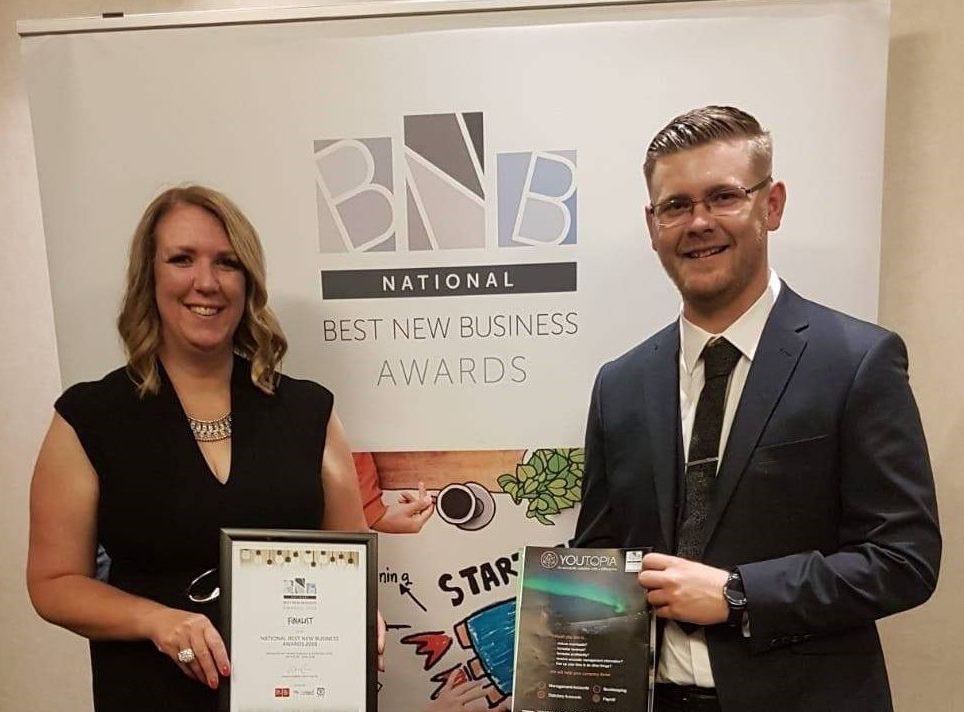August 22 Newsletter
Business Update
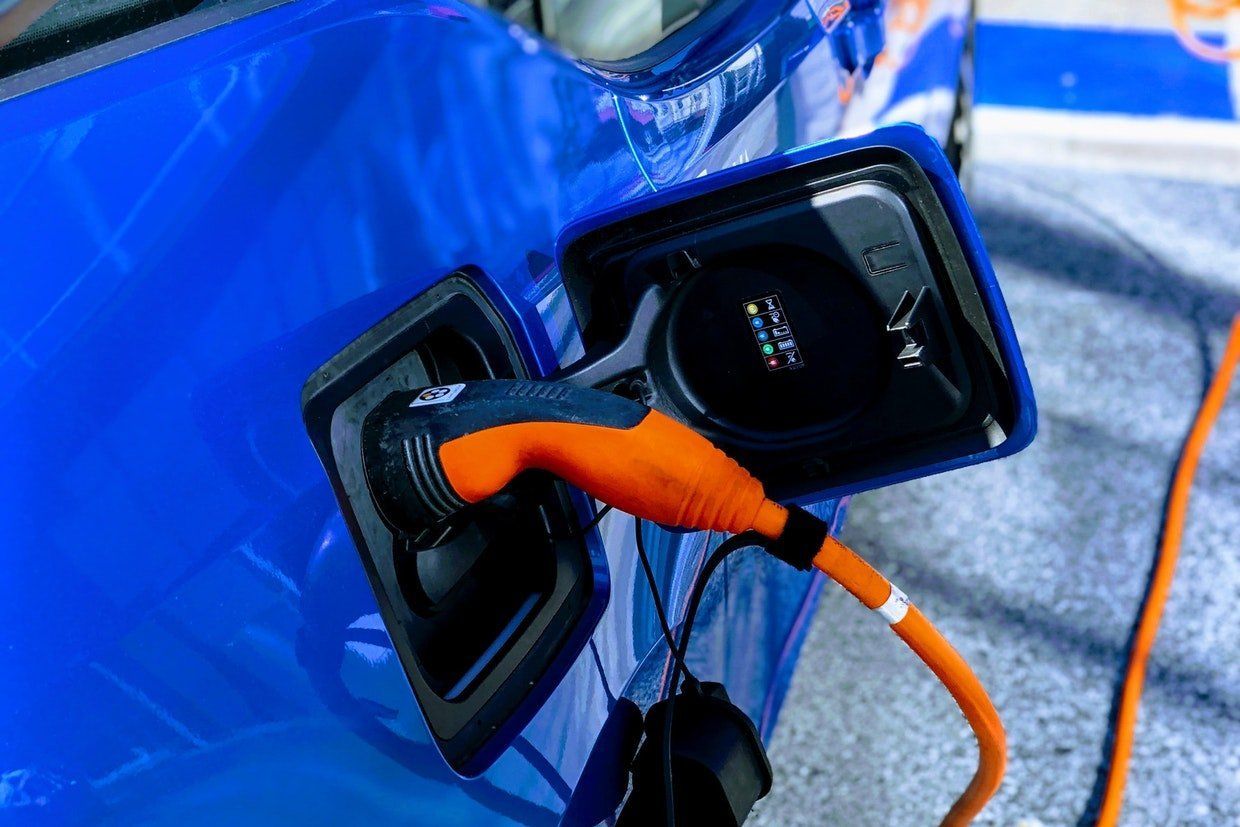
Should I get an electric car?
Having a company car used to be seen as a considerable perk. But in recent years it's become less clear whether having a conventionally powered company car as part of your income mix is a good idea – both from a tax perspective and from a sustainability angle.
The good news is that electric vehicles (EVs) are now more readily available. And choosing an EV as a company car may well be a great idea from both an eco and tax perspective.
A greener choice of car?
Having an EV as your company is a more eco-friendly choice in many ways. An EV has zero tailpipe emissions, produces less noise pollution and can be cheaper to run.
There are arguments over the green credentials of EVs , as lithium batteries will eventually need replacing and electrical power to charge the batteries currently still relies heavily on carbon-based power stations. But as technology, battery recycling and the use of renewable energy increases, having an EV as a company car will certainly help you do your bit for lowering carbon emissions.
Taxing a company car
When you tax a company car, there are two tax areas to consider:
- The tax deduction for the company when acquiring the vehicle
- The personal tax benefit in kind (BIK) value on which the driver is taxed.
Both of these are tipped in your favour when comparing the rules for EVs compared with conventionally powered internal combustion engine vehicles (ICEVs).
Tax allowances for EVs
For the company, 100% first-year allowances can be claimed on the purchase of an EV, provided that it’s new and unused. Any charging point you install at the business for your EV will also qualify for the super-deduction of 130% of the cost, which is certainly a good incentive.
Compare this to the company buying an ICEV. No first-year allowances are available but annual writing down allowances of 6% (18% if emissions < 50g/km) can be claimed instead.
As the driver of the vehicle, your benefit in kind (BIK) is calculated at 2% of the vehicle’s list price for the current tax year. ICEV rates are far higher, ranging up to 37%, depending on emissions. In the most common band the BIK is around 28%. If your fuel is provided, as an EV driver, you pay no additional tax, whereas an ICEV driver pays tax on an additional amount calculated by multiplying the vehicle BIK rate by £25,300.
Is now the time to switch to an EV?
If you’ve previously dismissed the idea of a company car because of the complex and expensive tax regime, now may be the time for a rethink.
Opting for an EV is currently a tax-efficient option and there are still incentives for both companies and individuals to explore the EV route. Going electric is a more sustainable option than a petrol-guzzling ICEV and you may well save on running costs as well.
Talk to us about the tax implications of an EV
If you’re thinking about getting an EV as a company car, come and talk to us. We’ll help you calculate the tax impact for both the company and driver, and can explain the relevant capital allowances that can be claimed when purchasing an EV for the company.
Accounting Update

Business tips: Have you achieved your goal for the business?
Founding, managing and growing a business is a BIG commitment. For most business owners, it will take years to build a customer following, turn a profit and create a truly scalable business. It's a journey that can sometimes be pressurised, stressful and risky. – But when your plan really does come together, there is the chance of real success, a lasting legacy and a business that delivers on your initial dream.
So, how do you know when you've truly achieved your goals for the business?
Has the business met its growth targets and scaled up as intended?
You’ll have seen your business idea grow from being a fledgling startup, to an established business and on to become a scaled-up, ambitious enterprise with a solid customer base.
If you’ve met these growth targets, then you know you’re on pretty solid ground as a business. Your idea clearly has legs and you’re delivering a product and/or service that your customers see as valuable – and which they’re willing to part with their hard-earned cash to purchase.
Are you running a profitable enterprise that's in good financial shape?
Running a tight financial ship is crucial. You need solid revenues, positive cashflow and good liquidity to keep your business ticking over.
In the early days of being a startup, cash will have been tight. And your own personal income as a founder and director will probably have been scarce too. But as the business has become more established, you should have found that your business revenue became more stable and predictable – and that your own personal wealth also followed this same reliable pattern. If the business has a solid balance sheet, great cashflow and meets your intended profit targets, you’re onto a good thing – and can be sure that your financial position is in good shape.
Do you have a stable customer base who say good things about you?
Without customers, you don’t have a viable business. Finding your first customers as a startup was probably a significant turning point in your journey. A good customer base brings with it the bonus of new sales, fresh revenues and a business that can actually turn a profit.
When customers engage with you and buy your goods and services, that confirms your original faith in your business idea. You’re providing something they value and want to purchase, and you’re also building a community of like-minded people who all think your brand is great.
Do you have a team who can operate the business without you?
In the early days, you’ll probably have become a jack (or jill) or all trades. You’ll have run the sales and marketing campaigns, taken care of all the main operational tasks and dealt with the many invoicing, accounting and bookkeeping tasks. Turn the clock forward, and you probably have a team of people around you to take care of these jobs – but could they function with you?
This is really the acid test of whether you’ve scaled and succeeded. If the business is still reliant on you, personally, you have a problem. To be a saleable proposition, a business needs to function effectively without the founder. If not, you’ll never be in a position to sell up. To make this possible, you need a team of engaged and talented people around you – people who share your vision and talents and who can keep the ship on an even course, even once the original captain has set sail on fresh, new adventures.
Do you feel you've achieved what you wanted to achieve?
In your formative years as a founder, you’ll have sat down to draw up a startup plan. In that plan you’ll have outlined a clear vision for what this business was going to achieve.
This vision might have been:
- To scale up over five years, sell-up and retire
- To deliver a new kind of technical widget and make it the global standard
- To help your target audience improve their lives, helped by your product/service
- To provide the income needed for you to live your desired lifestyle
- To plough your profits back into the local community and be a force for good.
We all have different goals, and whether they are financial, personal or moral comes down to the individual. The important thing at this point is to assess whether you’ve actually met the vision that you set out to achieve. If your aim was to sell for a profit and then retire, are you ready to do this? If the goal was to become a household name and move your sector forward, do your customer engagement figures and market share stats reflect this?
Deep down, only you and your fellow founders know whether you’ve truly met your intended goal. But if the general consensus is that you aced it, then it’s time to think about the future.
What’s the next chapter in your business story?
If you can answer yes to all five of these questions, then congratulations! You've built a successful, stable and profitable business.
But what do you do now? Do you continue to plough this fertile furrow and live off the profits? Do you find a buyer for the existing business and start on your next business idea? Or do you sell up and look at retirement and enjoying the benefits of your money and lifestyle?
It's a good idea to talk to us before you make what is, essentially, a life-changing decision. If you’d like to talk through your options, do get in touch.
App of the month

Clean, reliable data
Get instant alerts to discrepancies such as missing and bad data, as well as being able to track changes and complete back-checks.
Real time insights
Accurate figures available in real time, with the ability to turn them into reports, enables your team to offer clients more valuable advisory services.
Client Health Scores
Data Precision’s Health Score lets you see the true state of a client’s data, so you can price based on the data you have to work with – including any gaps you need to fill.
Activity dashboards
Everything you need in one place: cleanup metrics, Health Scores, dates, tags, and Client sales activity. There’s even a HMRC board, complete with outstanding VAT.
Efficient workflows
Customise workflows to your needs, then assign them to team members. Create templates and repeat flows, and schedule them to run as often as you need.
Team News
We are excited to announce a new member of the Youtopia family! David (and his wife, Rachel) welcomed their daughter, Aliyah at the beginning of May.
We are also launching our new podcast in the coming weeks, we’ll let you know when it is live and available to listen to.
As always, please feel free to drop in and have a coffee with us!
Until next time,
Katherine, David, Ben and Brandon

